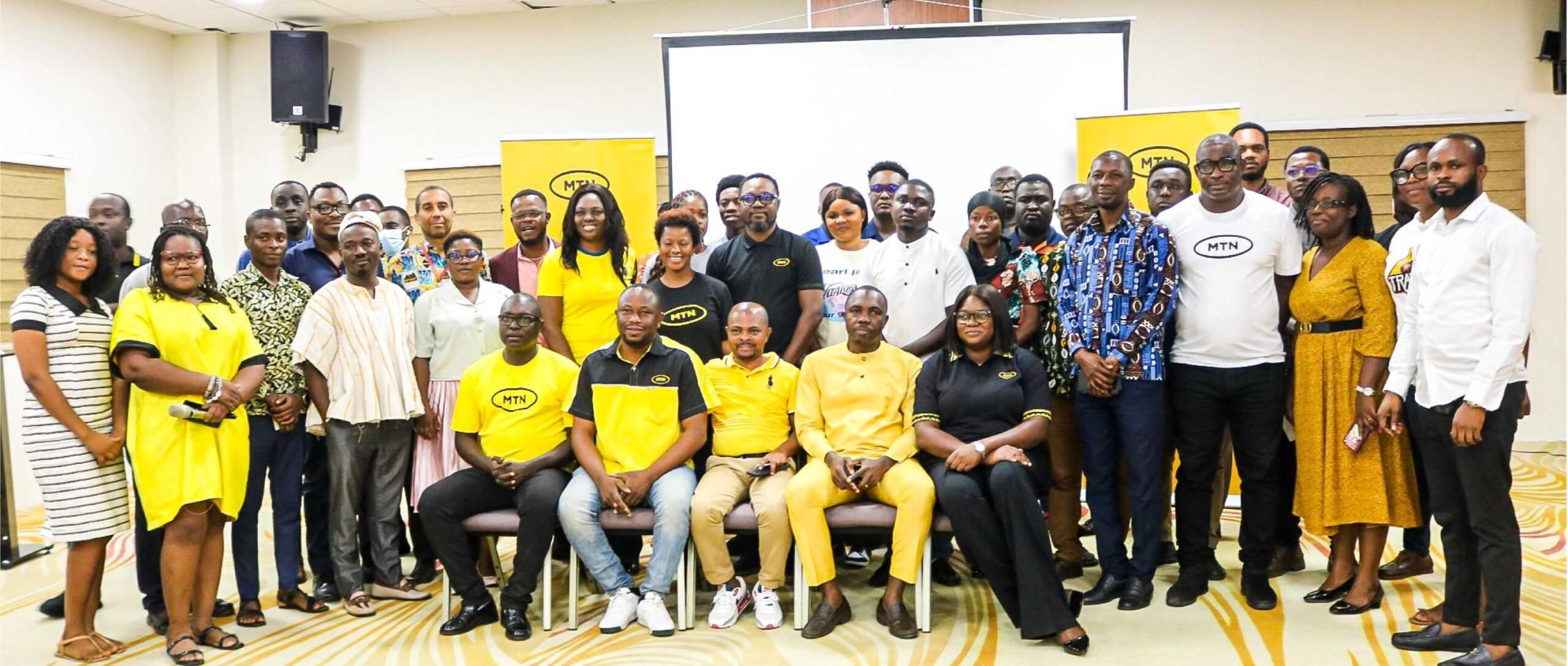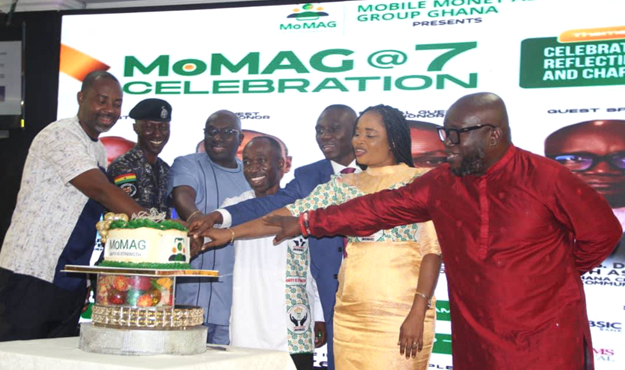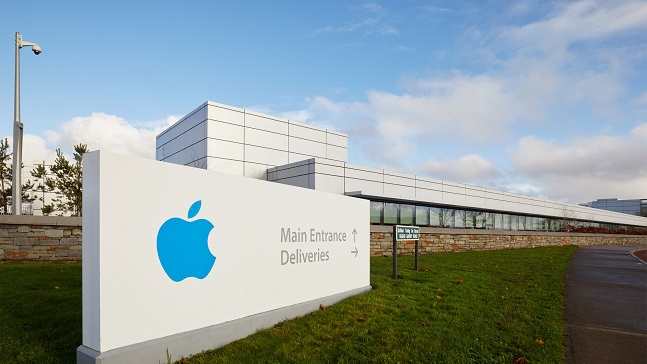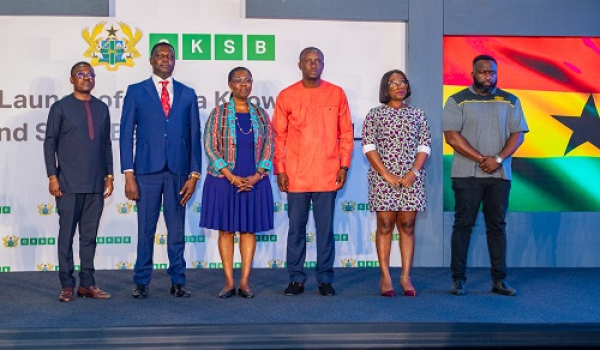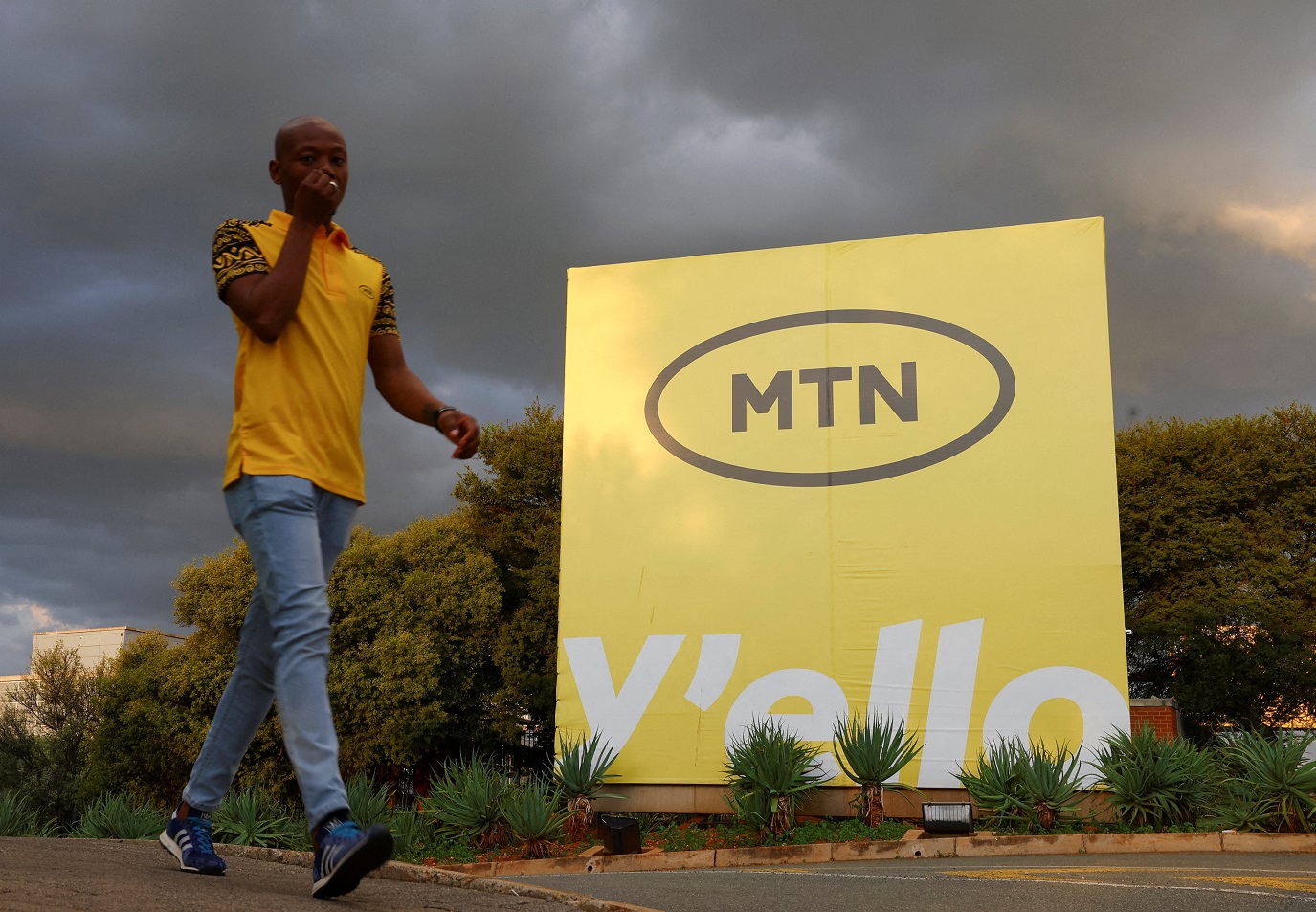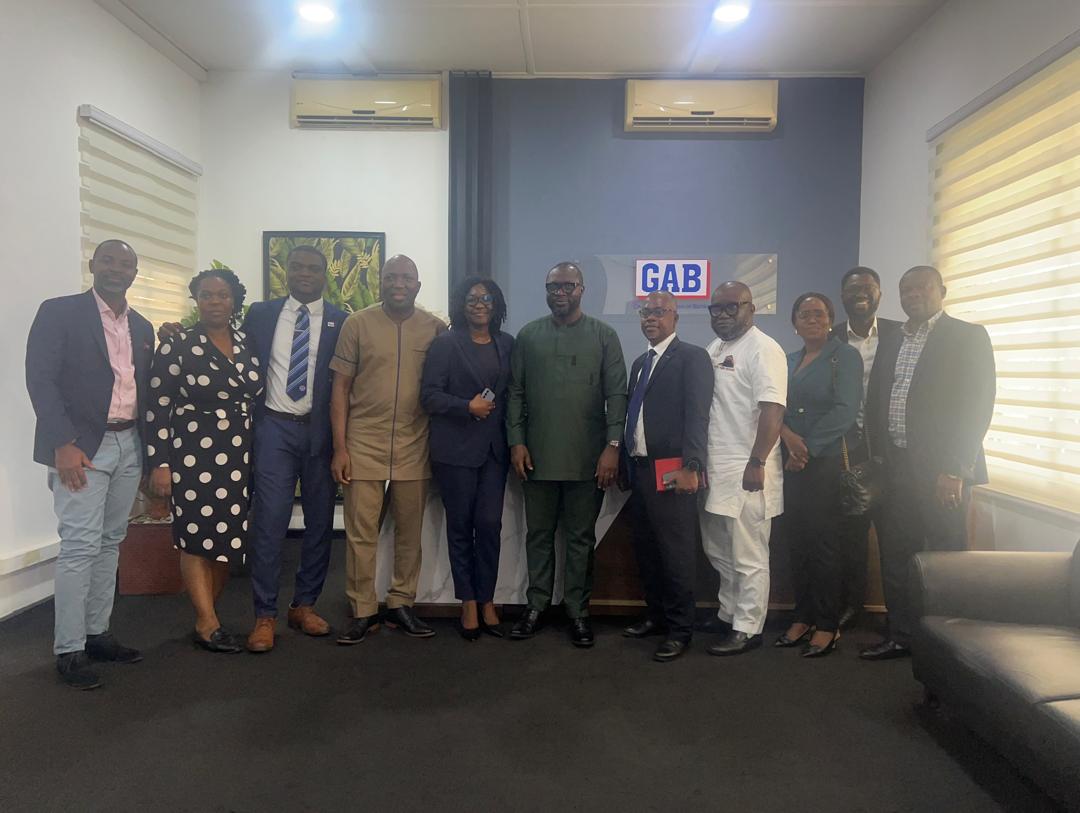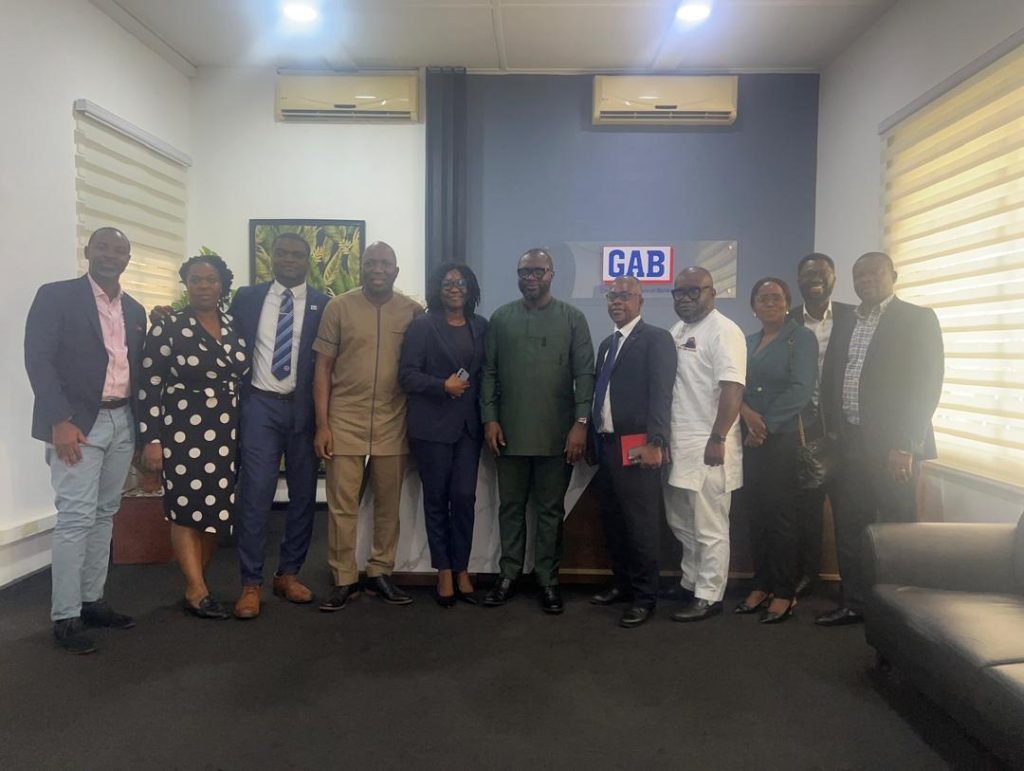A total of GHC206.5 million as part of MTN’s Social Impact Project has been invested either directly or indirectly impacting over million lives in the country.
According to records made available to 3news from the commercial sector of MTN Southeast Region, a huge figure of 166 social projects have been executed and completed across the country. These projects are in the area of health care, economic empowerment and community support initiative.
The Commercial Head for MTN South-East Region, Peter Bimpeh at their annual media and stakeholder engagement in Ho, disclosed that projects instituted by MTN is across all sectors, particularly on economic empowerment, health and education which center on ICT.
Mr. Bimpeh stressed that in view of this MTN Ghana Foundation is able to reach out to a total of 51 rural communities as they provide thousands of the youth with job opportunities and career guidance in the digital space.
The Commercial Head said MTN seeks to be leader in the digital space for the progress of not only Ghana but the African continent at large, saying in this regard his outfit would not relent in its efforts to work hard to maintain their brand in the Small and Medium Scale Enterprise (SME) sector.
As part of MTN’s Social Corporate Responsibility, Mr. Bimpeh revealed that 75 percent of its resources would be put in ICT and its related programmes to buttress their commitment to digitization drive.
He announced that the Board of Directors of MTN have agreed as part of the company’s digitalization agenda to support any decision arrived at to invest in ICT related project in any community of their choice to demonstrate MTN’s commitment in the digital space.
MTN, Mr. Bimpeh stressed, has invested much on network infrastructure with more than 5,000 cell sites across the country of which thousands underwent upgrade.
As part of the annual media and stakeholder engagement, MTN organized a community engagement event at Sokode, a suburb of Ho to educate customers and prospective clients on how to protect themselves from fraudsters.
The Area Sales Manager for Eastern, Oti and Volta regions, Ransford Gyan noted that the key focus of the event is to educate the public on fraud, particularly on mobile money scams as they shared tips on how to avoid being a victim of such circumstances.
Mr. Gyan took them through what they called three golden rules to safeguard against mobile money fraud. These include,’do not share your PIN number with any person, avoid engaging with strangers when dealing with mobile money transactions and do not send others to conduct mobile money transactions on your behalf.’
Source: 3news


